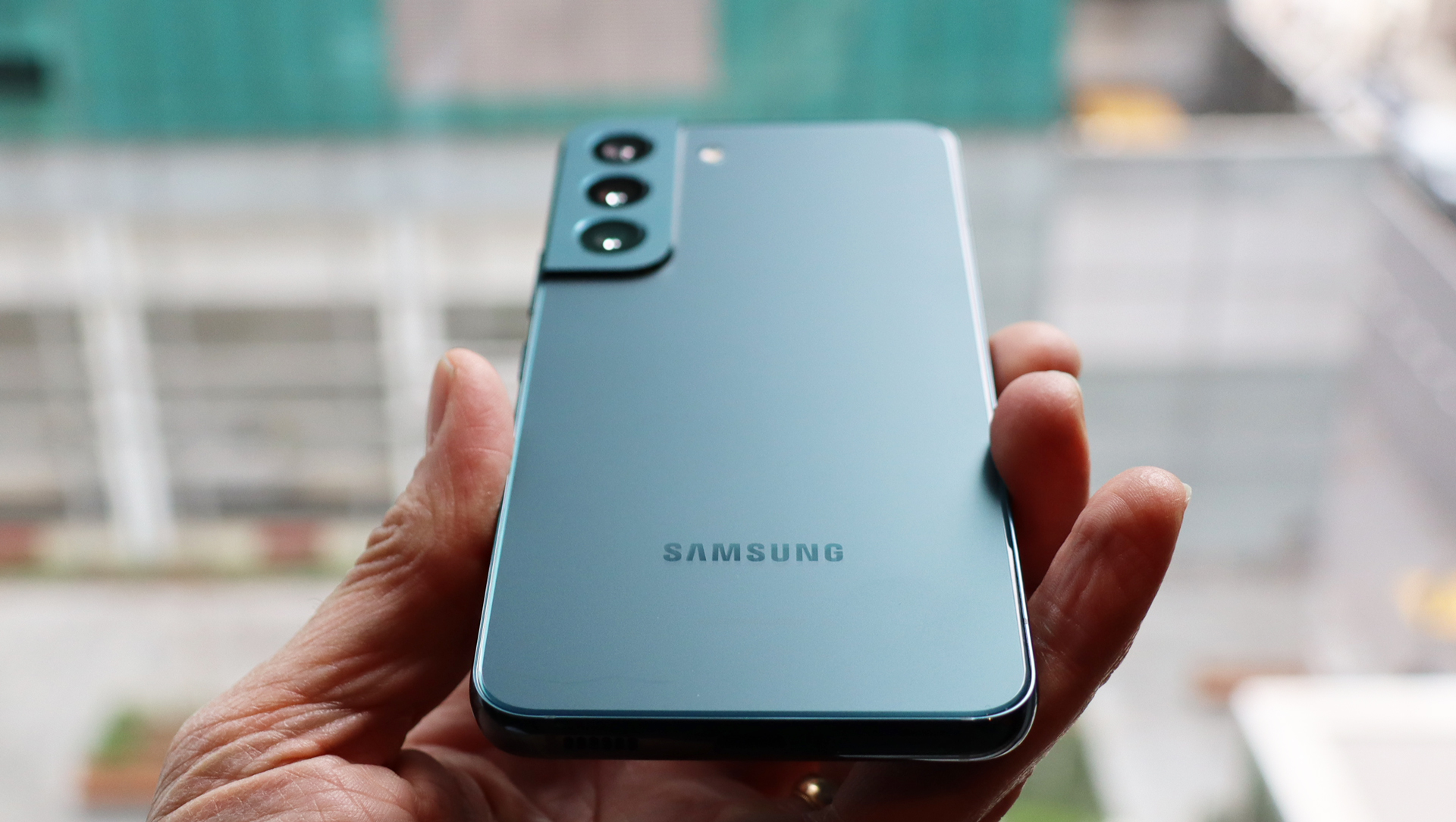Your Galaxy S23 might have a Snapdragon chip no matter where you live - and that's a good thing
It's about time

We’ve been hearing reports for a while that Samsung might use Snapdragon chipsets – likely the Snapdragon 8 Gen 2 – globally in the Samsung Galaxy S23 line. These were just rumors, but now Qualcomm, which makes Snapdragon chipsets, has also suggested this will be the case.
In its Q3 2022 earnings call – a transcript of which can be found on Fool.com – Qualcomm has said “the way you should think about it is Snapdragon will power their Galaxy product line, their Galaxy flagship products. And what I can say at this point is we were 75% on Galaxy S22 before the agreement. You should be thinking about we're going to be much better than that on Galaxy S23 and beyond.
“It's a multiyear agreement. And it's - that's probably what I can tell you. You should think about us powering their devices globally.”
That comes straight from Cristiano Amon, Qualcomm’s President and CEO, and they appear to be saying that the company already supplies chipsets to 75% of Galaxy S22 models, but that the percentage will be far higher for the Galaxy S23 onwards.
The mention of powering Samsung’s devices globally also suggests that more or less every flagship Samsung phone will have a Snapdragon chipset.
That said, Amon doesn’t quite go so far as to say that 100% of Samsung devices will use Qualcomm chipsets. For one thing, he only seems to be referring to premium handsets, so budget ones might still use Exynos or MediaTek ones. But even with the Galaxy S23 line, it’s possible that some regions might get an Exynos chipset, but probably far fewer than do with the Galaxy S22.
Analysis: a good move
This shift to Snapdragon can only be a good thing, as currently some regions (including the UK) get Samsung’s own Exynos chipsets in the company’s flagship phones, and these typically don’t perform as well as the Snapdragon versions.
Get daily insight, inspiration and deals in your inbox
Sign up for breaking news, reviews, opinion, top tech deals, and more.
That means the Samsung Galaxy S22 for example is arguably a better phone in the US (where it’s equipped with a Snapdragon 8 Gen 1) than it is in the UK (where it has an Exynos 2200). Yet Samsung doesn’t give UK buyers a discount.
It also complicates reviews, as publications will often only review one model, so their review may not be fully representative of the other one. The same applies to buyer reviews and impressions, yet readers may not always be aware that the phone they can buy might not line up with what they’ve read.
So it’s a messy situation, and even if the Exynos chipsets were better, the fact that you’re in some ways getting a different phone in different regions would remain a problem, given how global society – and particularly the internet – is.
So Snapdragon in everything sounds like a beneficial change, though it remains to be seen how long this change will last. Qualcomm has extended its partnership with Samsung for 7 years, through to 2030, but with reports that Samsung is building a bespoke chipset designed specifically for Galaxy devices, we might see the chipset split return sooner than that.
James is a freelance phones, tablets and wearables writer and sub-editor at TechRadar. He has a love for everything ‘smart’, from watches to lights, and can often be found arguing with AI assistants or drowning in the latest apps. James also contributes to 3G.co.uk, 4G.co.uk and 5G.co.uk and has written for T3, Digital Camera World, Clarity Media and others, with work on the web, in print and on TV.